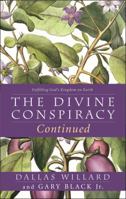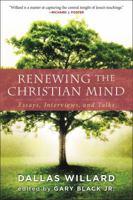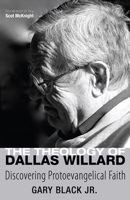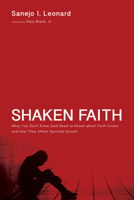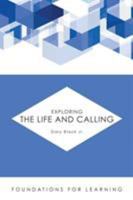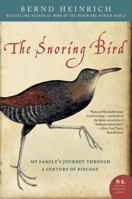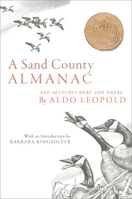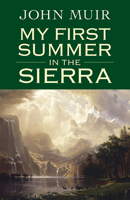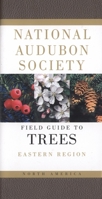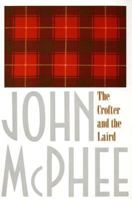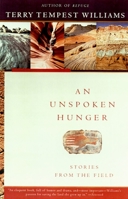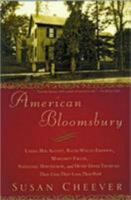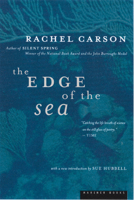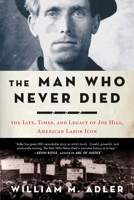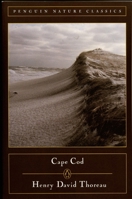The Maine Woods (Ticknor & Fields)
Select Format
Select Condition 
More by Gary Black Jr.
Book Overview
Henry D. Thoreau traveled to the backwoods of Maine in 1846, 1853, and 1857. Originally published in 1864, and published now with a new introduction by Paul Theroux, this volume is a powerful telling of those journeys through a rugged and largely unspoiled land. It presents Thoreau's fullest account of the wilderness. The Maine Woods is classic Thoreau: a personal story of exterior and interior discoveries in a natural setting--all conveyed in taut, masterly prose. Thoreau's evocative renderings of the life of the primitive forest--its mountains, waterways, fauna, flora, and inhabitants--are timeless and valuable on their own. But his impassioned protest against the despoilment of nature in the name of commerce and sport, which even by the 1850s threatened to deprive Americans of the "tonic of wildness," makes The Maine Woods an especially vital book for our own time.
Format:Paperback
Language:English
ISBN:0664266312
ISBN13:9780664266318
Release Date:November 2021
Publisher:Westminster John Knox Press
Length:684 Pages
Weight:0.77 lbs.
Dimensions:1.5" x 6.1" x 8.9"
You Might Also Enjoy
Customer Reviews
5 customer ratings | 5 reviews
There are currently no reviews. Be the first to review this work.














